Reaction: Matlock, "Tricks of the Trade" | Season 1, Episodes 18-19
Reflections on the end of the year's most-buzzed about procedural
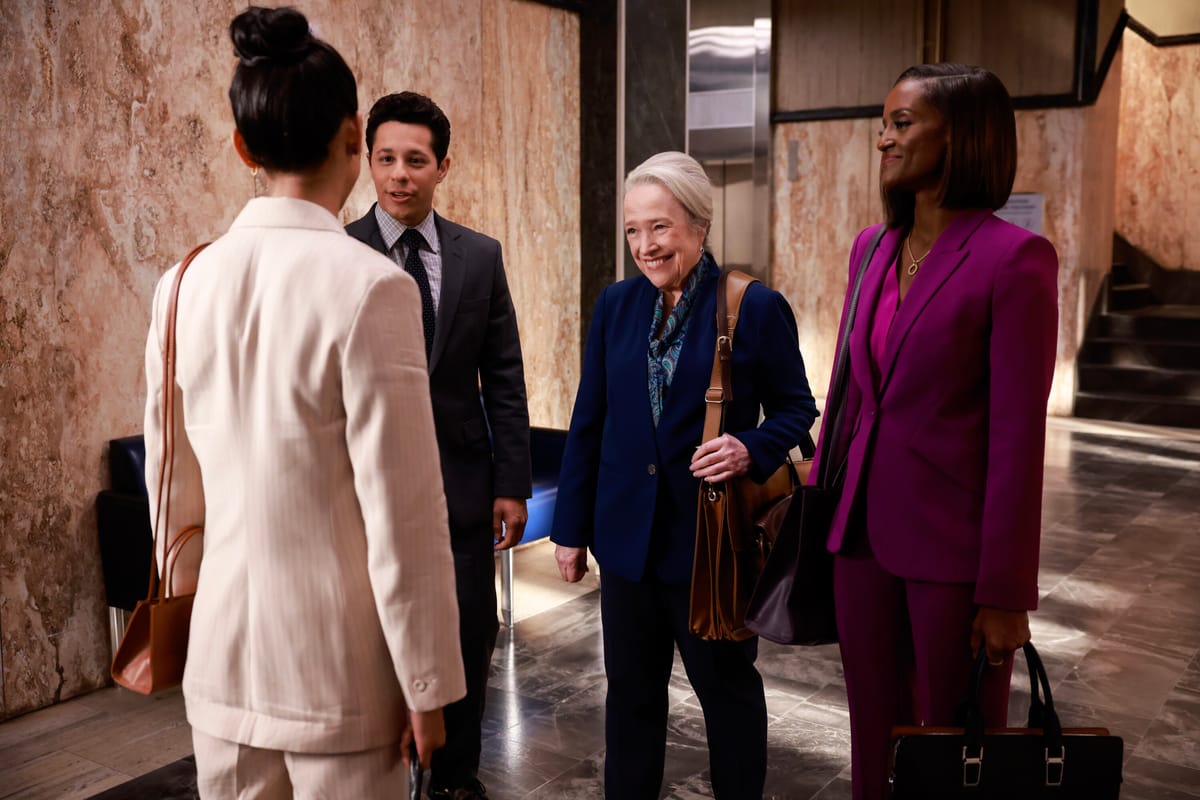
What was interesting about Matlock when it debuted in the fall was how it pushed against expectation, adding unnecessary complexity to what was on its surface an I.P. play from broadcast’s most conservative network. As the season progressed, though, it did what a good broadcast procedural does: settled into a familiar rhythm, albeit with the central mystery set up in the premiere layered over top of it.
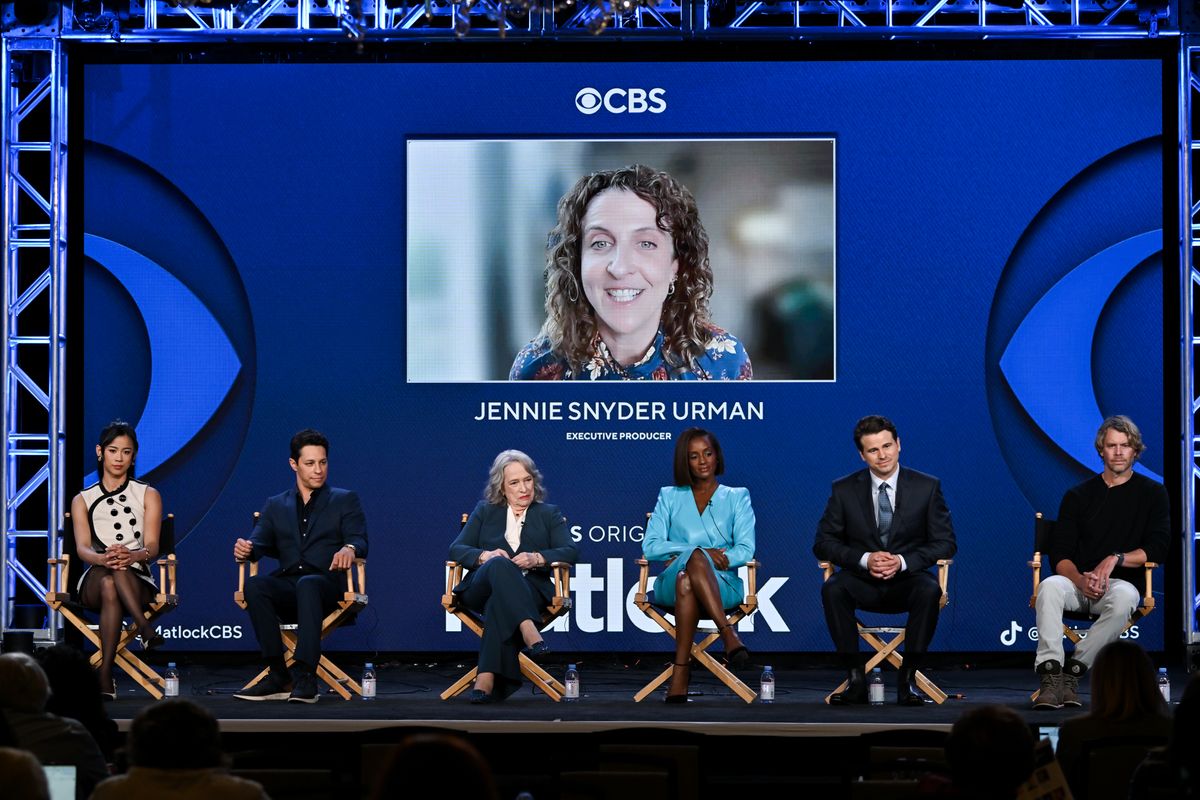
And look, as led by Kathy Bates, Matlock was a very good broadcast procedural, with a nice variation on different cases with thematic resonance to the characters involved. By the time the season reached its inevitable showdown between Matty and Olympia (Skye P. Marshall), their relationship had become the core of the entire series, and you get how much weight the premise added to the proceedings. However, it simultaneously revealed how much the stakes of a broadcast procedural start to change when you’re building cliffhangers: whereas the pilot’s twist was rife with possibility in the absence of a status quo, we now have a much clearer sense of what parts of a given show are immovable.
I trust Jenny Snyder Urman from her years on Jane the Virgin in terms of how to complete the delicate process of blowing up her show while not actually changing its core. We know going into this episode that Matlock will not be selling her house in Westchester to return to San Francisco, so it becomes a task of creating enough stakes to make us question the future but not so much so that it’s insurmountable. And for the most part, “Tricks of the Trade” works, even if it doesn’t necessarily capture the excitement I’d want from a finale of a truly serialized show.
Perhaps it’s just that we were all so hyper-focused on the twist in the first place, but I couldn’t help thinking about it in a writerly way. The choices are just very convenient. Julian may have been the one to remove the study from the files, but it was on his father’s orders, and his appeal to Olympia gives Jason Ritter a showcase and sets up a second season where the resolution of the story (if not the mystery) can continue on. It’s smart writing, but it also feels like writing—the same goes for Matty being visited by Alfie’s potential father right in the midst of the whole affair. I don’t begrudge the show for wanting to keep momentum going, but the nature of the setup for the season required a lot of conspicuous work to achieve this, and the finale suffered as a result compared to the simpler pleasures of Matty and Olympia’s face-off once the latter learned the truth (which I happened to watch in a binge with the finale, and which could be enough to get Kathy Bates her third Emmy).
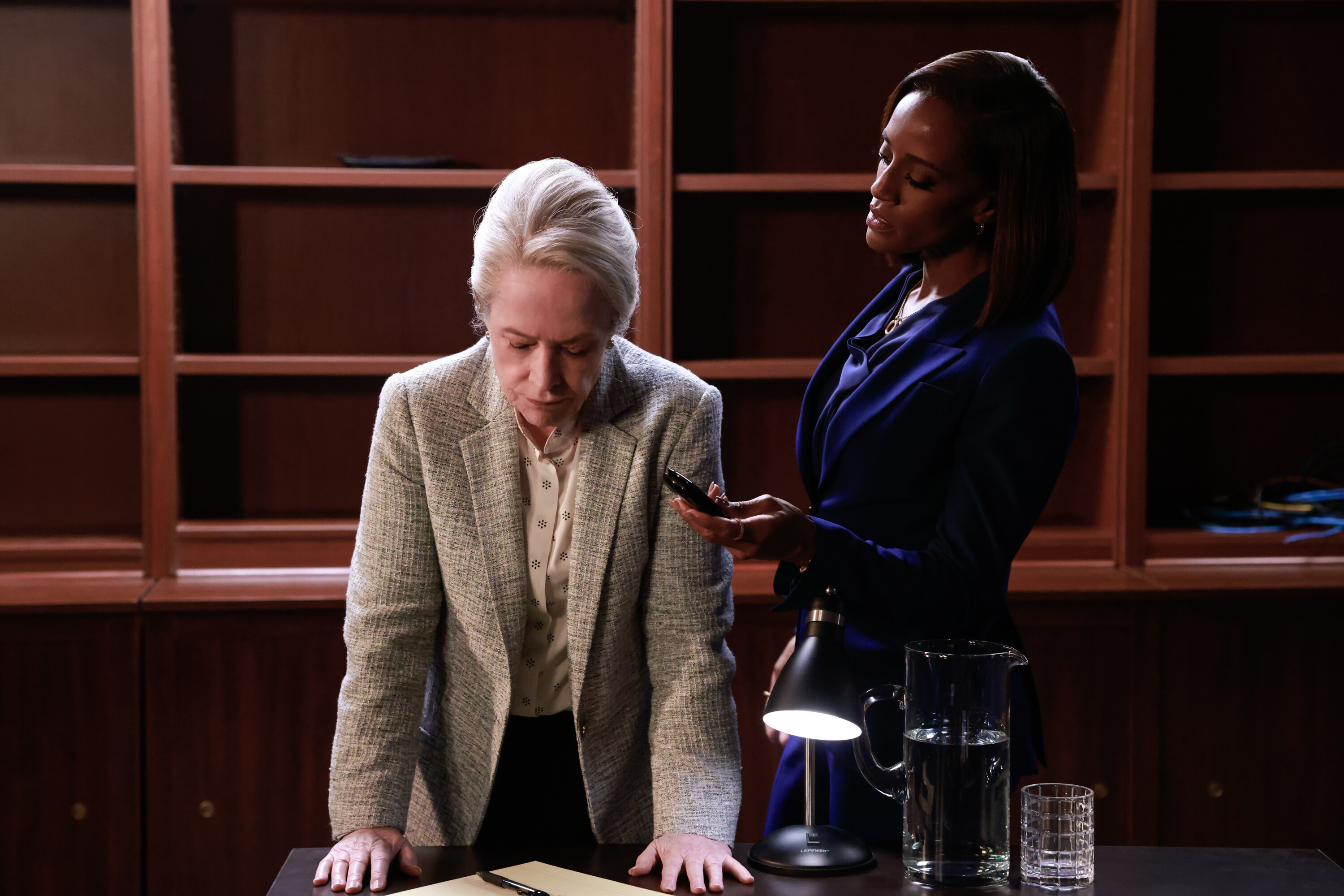
This is the problem of the serialized procedural, or what I refer to as a “cumulative storytelling” model. Finales demand that a serialized show escalate dramatically, but a procedural will eventually revert back to something normal: no matter how much is currently on the table, once we’re three episodes into next season there will be a “new normal” that will look pretty similar to the one we’re used to. And basic TV literacy combined with postmortem interviews allows a savvy video to speculate pretty readily: with Senior now definitively the one responsible for the burying of the evidence, Julian joins forces with our heroes to find the evidence they need to put him away.
That’s a solid setup for a second season, especially since the first never entirely knew what to do with Julian as a character (which I suppose we could read as a lengthy misdirection convincing you the finale would write him off). But it’s also so explicitly a setup for a second season that it lacks the surprise and tension that made the show so distinctive to start. Becoming more workmanlike and predictable isn’t a problem in this genre, and I was happy to reconnect with the show after falling behind early in the year, but it does mean that the buzz has faded a bit. I’m curious who else has been watching along, and what y’all felt about the finale and the season as a whole.


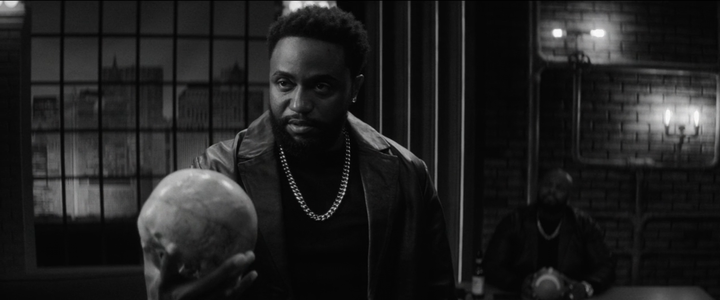
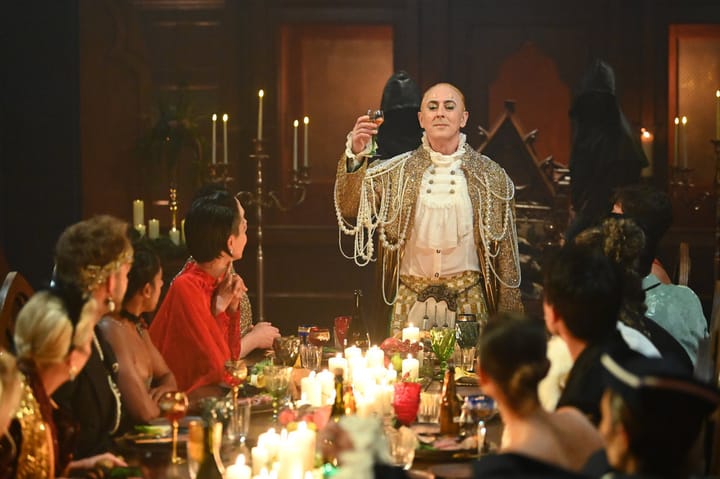

Comments ()